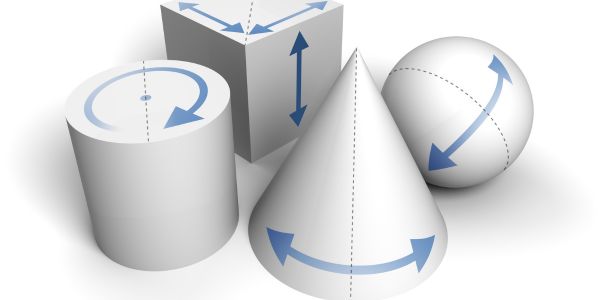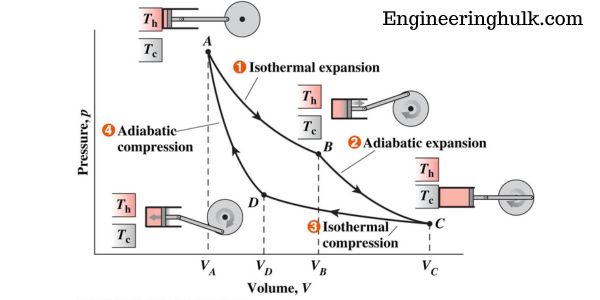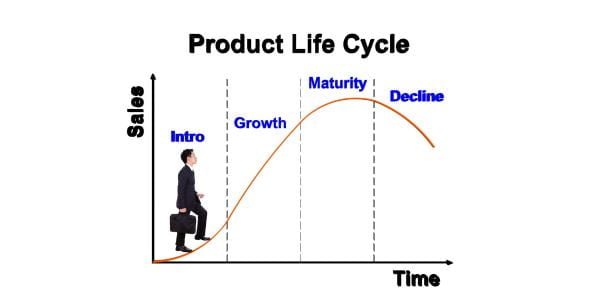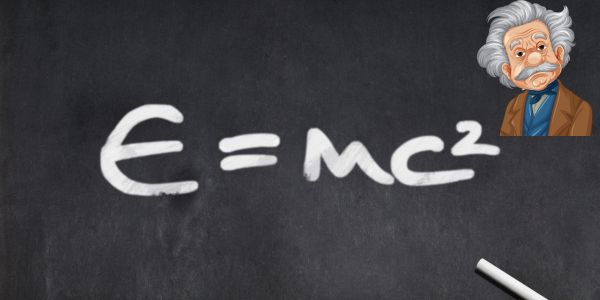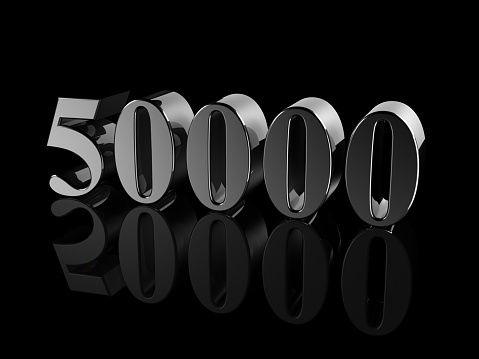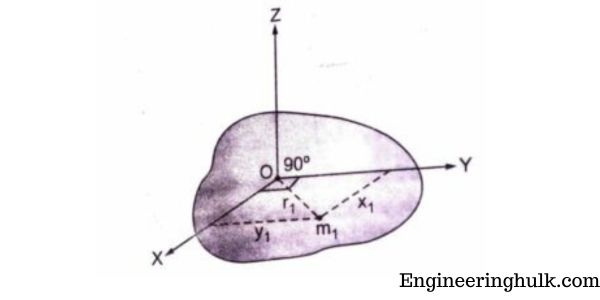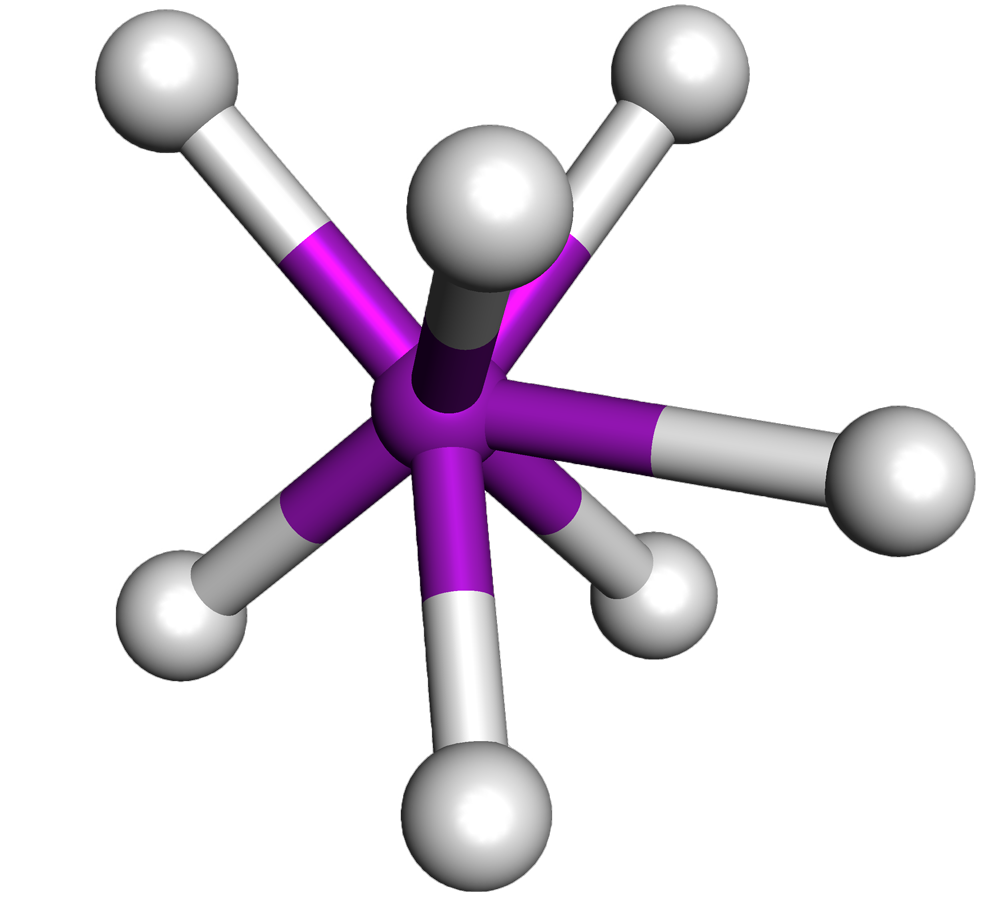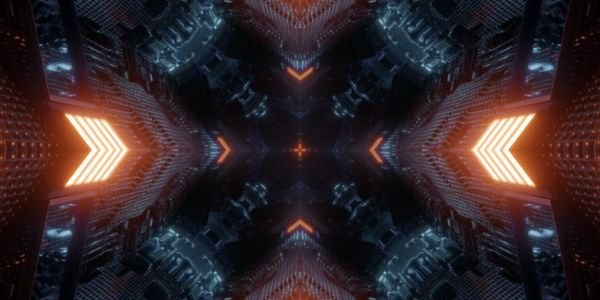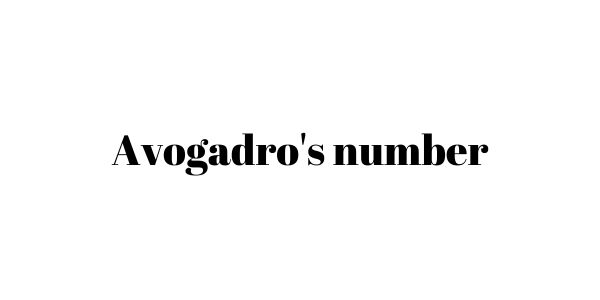Table of Contents
Toughest Exam In India
Several exams in India are considered to be very competitive and difficult to pass. These exams typically have a high level of competition, cover a wide range of subjects, and require a significant amount of time and effort to prepare for.
Some examples of the toughest exams in India include the Indian Administrative Service (IAS) Exam, the Indian Institute of Technology Joint Entrance Exam (IIT JEE), the National Eligibility cum Entrance Test (NEET), and the Chartered Accountant (CA) Exam.
These exams are conducted by various organizations, such as the Union Public Service Commission (UPSC), the Indian Institutes of Technology (IITs), the National Testing Agency (NTA), and the Institute of Chartered Accountants of India (ICAI).
These exams are competitive and challenging, and only a small percentage of applicants are able to pass them. However, with dedication and hard work, it is possible to prepare for and succeed in these exams.
Top 10 Toughest Exams In India (2023)
It is difficult to accurately rank exams in terms of their difficulty, as the perceived difficulty of an exam can vary depending on an individual’s aptitude and preparation. That being said, here is a list of some exams in India that are widely considered to be competitive and challenging:
1. Indian Administrative Service (IAS) Exam
The Indian Administrative Service (IAS) exam is a competitive exam conducted by the UPSC (Union Public Service Commission) for recruitment into the Indian Administrative Service. It is one of the toughest exams to crack and is designed to select the most suitable candidates for the role. The exam consists of three stages – Prelims, Mains, and Interviews.
The Prelims exam is based on General Studies and consists of two papers – Paper I and Paper II. Paper I tests the candidate’s knowledge of current affairs, history, geography, economics, politics, and general science. Paper II tests the candidate’s comprehension, writing, and analytical skills. The Mains exam consists of nine papers – four compulsory papers and five optional papers.
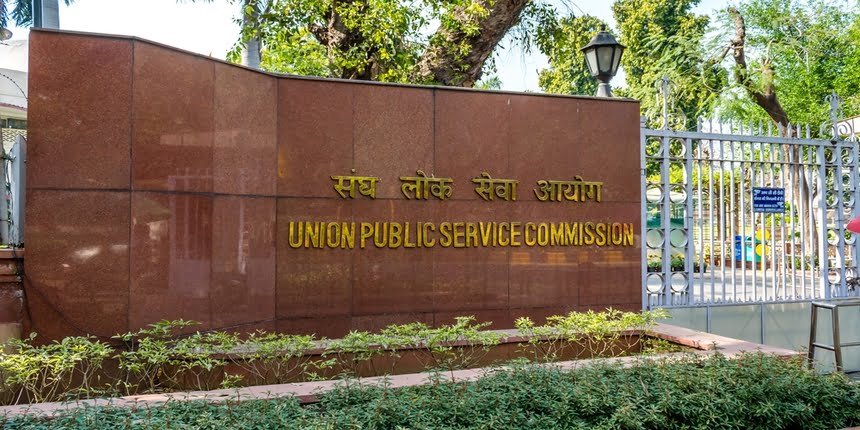
The four compulsory papers are Essay, English, General Studies, and Indian Language. The optional papers are based on the candidate’s choice of subjects. The final stage of the IAS exam is the Interview stage, where the candidate’s suitability for the post is assessed by a board of senior officials.
2. Indian Institute of Technology Joint Entrance Exam (IIT JEE)
The IIT JEE is an entrance exam administered by the Indian Institutes of Technology (IITs). It is held annually to determine eligibility for admission to the undergraduate programs at the IITs. It is recognized as one of the toughest entrance exams in the world and is conducted in two stages – the Preliminary Examination and the Main Examination.
The Preliminary Examination is a computer-based test consisting of multiple choice questions and is held in two parts – Paper 1 and Paper 2. The Main Examination is a 3-hour paper-based test. The exam tests the candidate’s knowledge of Physics, Chemistry, and Mathematics. The exam also includes an aptitude test that tests the candidate’s logical reasoning and analytical abilities.
3. National Eligibility cum Entrance Test (NEET):
National Eligibility cum Entrance Test (NEET) is an entrance examination in India for students who wish to pursue an undergraduate medical course (MBBS), dental course (BDS), or postgraduate course (MD / MS) in government or private medical colleges in India.

NEET is conducted by the National Testing Agency (NTA) on behalf of the Medical Council of India (MCI). The exam is conducted in offline mode (pen and paper) and is held once a year in May/June.
4. Chartered Accountant (CA) Exam:
The Chartered Accountant (CA) Exam is a comprehensive professional exam conducted by the Institute of Chartered Accountants of India (ICAI). It is designed to test candidates’ knowledge in various areas of accounting, auditing, tax, and finance.
The CA Exam consists of three levels: Foundation, Intermediate, and Final. Each level has both written and practical components. The exam is conducted twice a year in the months of May and November. Candidates must pass all three levels to become a Chartered Accountant.
5. Combined Defense Services (CDS) Exam:
The Combined Defence Services (CDS) Exam is conducted by the Union Public Service Commission (UPSC) twice a year to recruit officers into the Indian Military Academy (IMA), Officers Training Academy (OTA), Indian Naval Academy (INA), and Indian Air Force Academy (IAFA). The exam is conducted in three stages – written exam, SSB Interview, and Medical Exam. The written exam consists of three sections – English, General Knowledge, and Elementary Mathematics.
The exam is open to both male and female candidates who have a degree or equivalent qualification from a recognized university. The minimum age limit to apply for the CDS exam is 19 years and the maximum age is 25 years. The selection process for the CDS exam is based on the performance in the written exam, SSB Interview and Medical Exam. The final selection is made on the basis of the merit list prepared from the results of the written exam, SSB Interview and Medical Exam.
6. Graduate Aptitude Test in Engineering (GATE):
The GATE exam is an entrance examination for admission to postgraduate programs (e.g. Master’s and Doctoral degrees) in engineering, technology, architecture and science in India. It is jointly conducted by the Indian Institute of Science and seven Indian Institutes of Technology (IITs) on behalf of the National Coordination Board – GATE, Department of Higher Education, Ministry of Human Resources Development (MHRD).
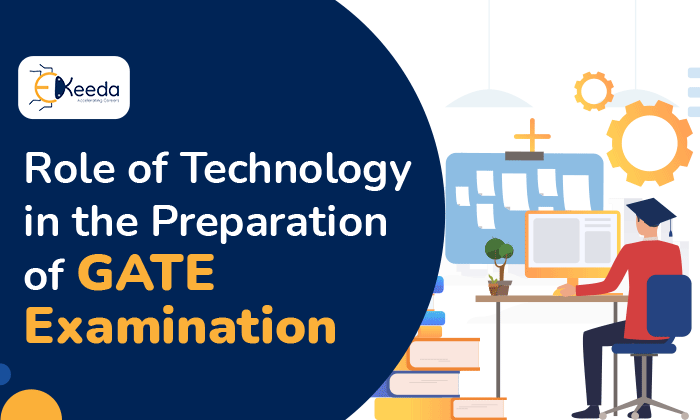
The exam tests the comprehensive understanding of various undergraduate subjects in engineering and science. The exam consists of two papers – Paper 1 and Paper 2. Paper 1 consists of General Aptitude and Engineering Mathematics while Paper 2 consists of subject-specific questions. Questions are of objective-type with multiple choice answers. The total duration of the exam is 3 hours and 30 minutes.
The GATE exam is conducted once a year in the month of February. The application process starts in the month of September and the results are announced in the month of March. Candidates who clear the GATE exam are eligible for admission to various postgraduate programs offered by the IITs, IISc and other reputed institutions in India.
7. Joint Entrance Examination (JEE) Main
The Joint Entrance Examination (JEE) Main is an engineering entrance examination conducted for admission to various engineering colleges in India. It is administered by the National Testing Agency (NTA) on behalf of the Ministry of Human Resource Development. JEE Main is held twice a year in online and offline modes.
JEE Main is the first step in the two-tier admission process for admission to the National Institutes of Technology (NITs), Indian Institutes of Information Technology (IIITs) and other centrally funded technical institutions (CFTIs). Qualifying for JEE Main is also the eligibility criteria for appearing in JEE Advanced which is the entrance exam for admission to the Indian Institutes of Technology (IITs).
8. All India Pre-Medical Test (AIPMT)
The All India Pre-Medical Test (AIPMT) is a yearly medical entrance exam conducted by the Central Board of Secondary Education (CBSE) for admission to MBBS and BDS courses in government and private medical colleges across India. The exam tests the candidate’s knowledge and understanding of both theoretical and practical aspects of medical science.
The exam is conducted in English and is of 3 hours duration. It consists of 180 objective-type questions divided into 4 sections: Physics, Chemistry, Botany, and Zoology. The marking scheme is also objective type, with 4 marks awarded for every correct answer and 1 mark deducted for every incorrect answer. The AIPMT is conducted annually in the month of May.
9. Common Law Admission Test (CLAT)
The Common Law Admission Test (CLAT) is an entrance exam conducted by the National Law Universities of India for admission to the undergraduate and postgraduate law programs offered by them. The exam is held annually on a rotational basis by the participating universities. The exam tests the candidate’s knowledge and reasoning skills on topics such as English, General Knowledge, Current Affairs, Legal Aptitude, Logical Reasoning and Quantitative Aptitude.
10. Joint Entrance Examination (JEE) Advanced
This exam is conducted by the Indian Institutes of Technology (IITs) to select candidates for undergraduate engineering programs in IITs.
Again, it is important to note that the difficulty of an exam depends on the individual’s aptitude and preparation. It is important to adequately prepare and study for any exam to increase the chances of success.

